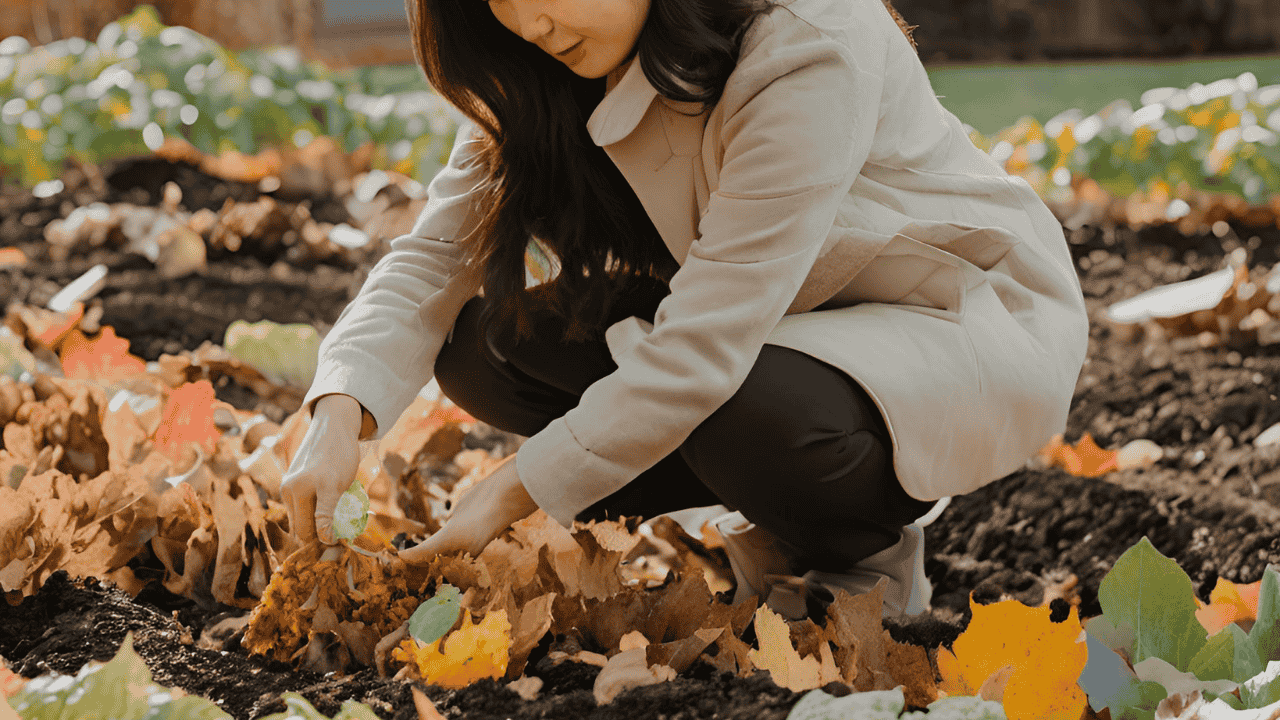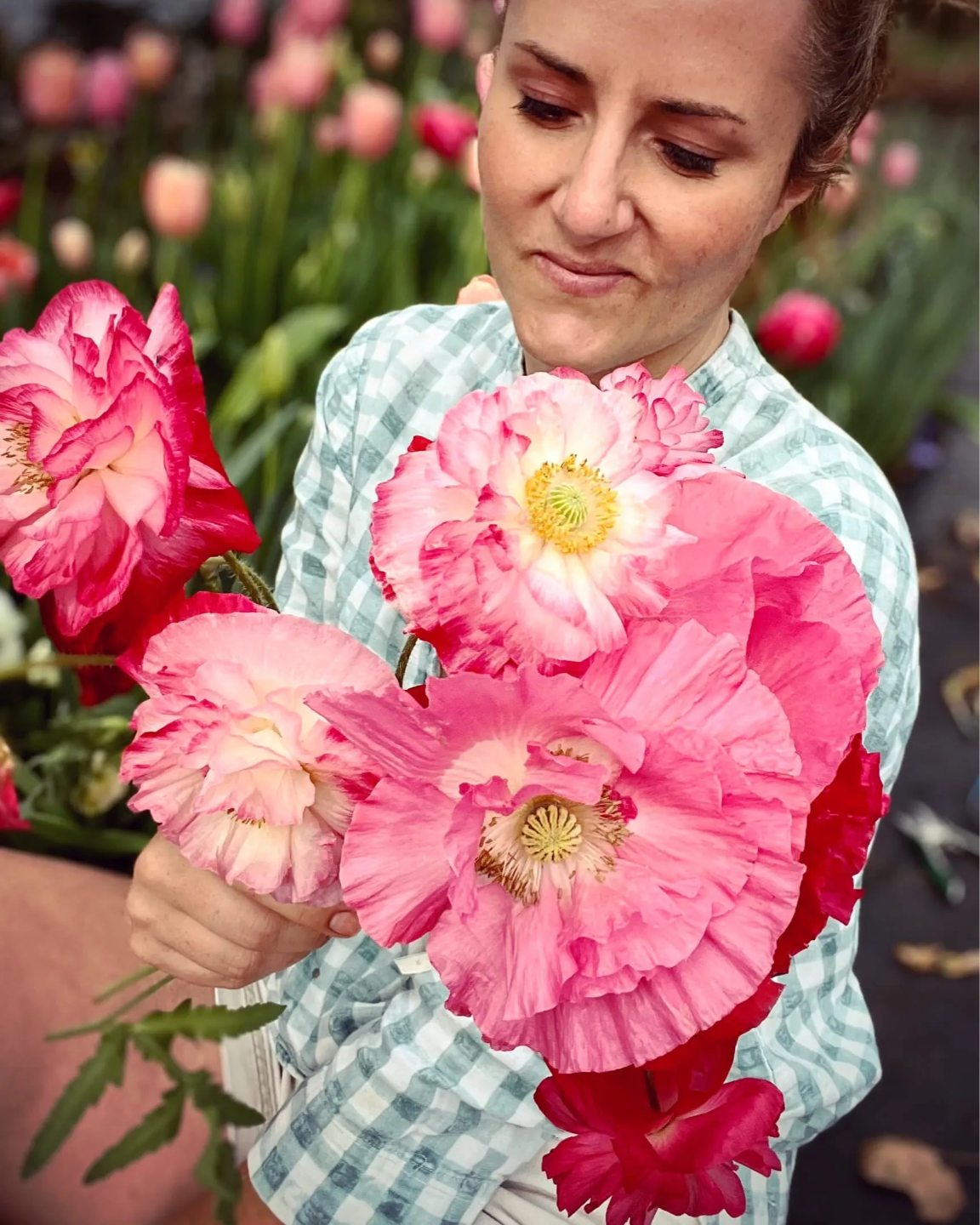Why Using Fallen Leaves as Mulch Is a Bad Idea
Dec 24, 2024
A question I get frequently this time of year is, “Can I use fallen leaves as mulch in my garden?”
Though using leaves as mulch might seem like a natural and cost-effective way to protect garden soil, it can lead to frustrating problems.
The purpose of mulching our gardens
Mulch can be made out of many different organic materials (like shredded wood, straw, or even rocks) and is used to help protect the soil by maintaining even moisture levels, regulating temperatures, and preventing erosion.
Mulch is one of the easiest and cheapest ways to have a beautiful, healthy garden in North Texas where rainfall and temperatures can be unpredictable.
Why using fallen leaves as mulch is a bad idea
You might have heard that fallen leaves can be used as garden mulch, but using leaves typically causes more problems than it solves.
1. Leaves trap too much moisture, creating an overly moist environment.
Though dead leaves can cover bare soil and add organic matter as they break down, they have a waxy cuticle layer that causes them to form a dense mat when wet.
This dense mat creates an overly moist environment and blocks the flow of oxygen to plant roots. When plant roots don’t get enough oxygen, they can rot.
Overly moist environments can also promote fungal diseases.
2. Dead leaves attract pests that can be harmful to your plants.
The overly moist environment on the soil surface created by fallen leaves is very attractive to many pests.
The biggest pest problems created by using leaves as mulch, however, are pill bug infestations.
Nearly every time a student contacts me to figure out why they have horrible pill bug problems, it turns out that they have been using leaves as mulch or have been mixing leaves into the soil.
Why pill bugs seek out wet locations
Pill bugs are attracted to wet locations because they need moisture to survive. They breathe through gills, which require humidity to function, and their thin exoskeleton makes them prone to drying out.
Decaying organic matter is a pill bug’s food of choice
Fallen leaves create a moist environment that pill bugs seek out, but they also become a food source for pill bugs as the leaves break down.
This is why pill bugs can be attracted to gardens where leaves have been mixed into the soil (instead of just used on top of the soil).
Though wood mulch decays over time as well, it doesn’t trap the same amount of moisture that leaves do, which is why there are fewer problems with pill bugs in gardens mulched with shredded wood in my experience.
Better types of mulches
In my gardens, I exclusively use shredded hardwood mulch, and I never have any problems with pill bugs damaging my plants.
Shredded hardwood mulch is inexpensive, and it doesn’t trap excess moisture the way that leaves do.
I use Vital Earth brand mulch that I purchase from Ruibal’s. If you would like to find a Vital Earth Resources mulch retailer near you, you can contact them directly. (Note: I do not monitor nursery inventories, so I can’t tell you where to find it other than the two resources I just mentioned.)
What to do with leaves instead
Instead of mulching your gardens with them, add fallen leaves to your home compost pile. If you have a way of chopping them up before adding them, even better.
For compost piles, dead leaves are an important source of carbon. Carbon provides the energy source for microorganisms to break down the pile’s organic matter and also balances the nitrogen-rich materials.



